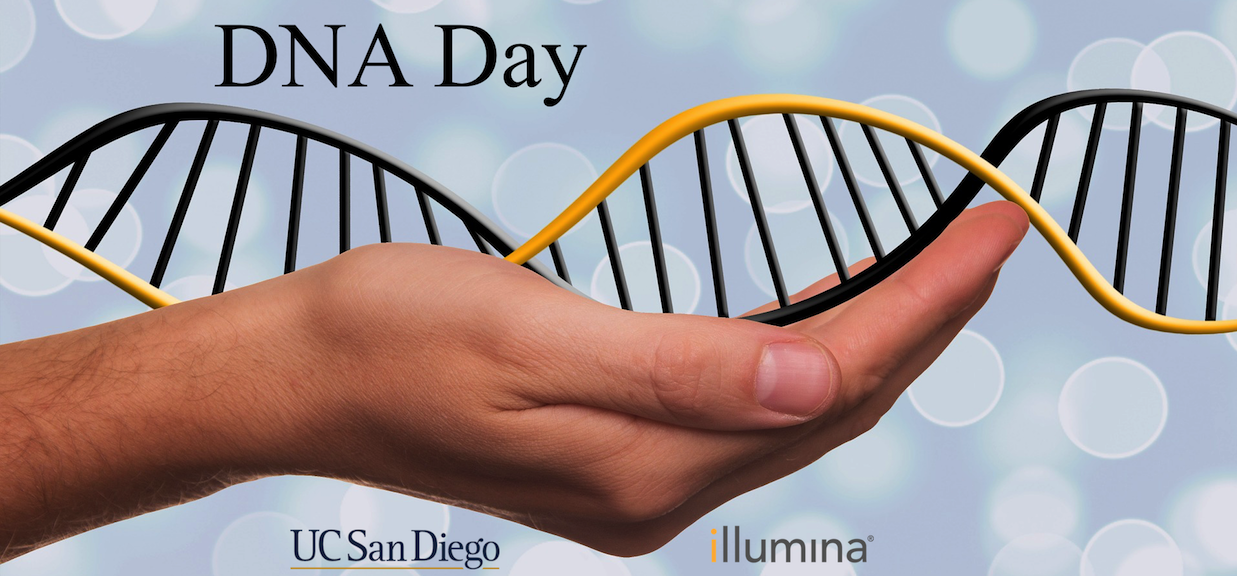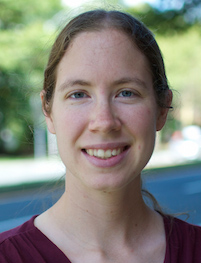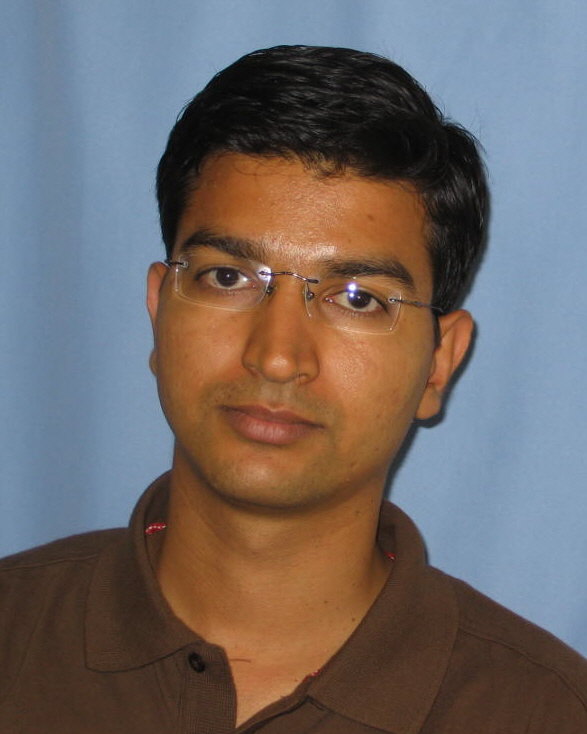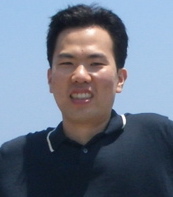DNA Day Features UC San Diego Faculty, Alumni Speakers
Media Contact:
- Doug Ramsey - dramsey@ucsd.edu
Published Date
Share This:
Article Content

UC San Diego and Illumina, Inc., co-sponsored DNA Day, now in its second year.
Three professors affiliated with the Computer Science and Engineering department, and one CSE alumnus now in industry, were among the speakers at the second DNA Day on October 28. Originally staged in 2015, the 2016 event was again organized by CSE Prof. Vineet Bafna along with Semyon Kruglyak at Illumina. The day-long workshop was co-sponsored by CSE and Illumina, Inc. Speakers at the meeting, which took place in Illumina’s headquarters, included UC San Diego faculty with dual appointments in the School of Medicine and CSE, including Melissa Gymrek, Rob Knight and Vikas Bansal.

Melissa Gymrek has dual appointments in the departments of Medicine and CSE.
Prof. Melissa Gymrek recently joined CSE and the Department of Medicine, moving from the Broad Institute at MIT. In her presentation, Gymrek expounded on “dissecting the contribution of complex genetic variation to human traits.” She talked about the critical role of short tandem repeats (STRs), often dismissed as junk DNA, in mediating the abundance of proteins in the cells, and how scientists can leverage large population data-sets in understanding the origin of STR variation.
CSE faculty-affiliate Rob Knight’s primary appointment is in the Department of Pediatrics, and his talk focused on so-called ‘leaderboard sequencing’. Knight explained one of the conundrums of microbiome analysis, namely the extreme variability in the microbes living in our gut, making it difficult to compare samples even from a single individual. In Leaderboard sequencing, collaborative work with CSE professors Larry Smarr and Pavel Pevzner at UC San Diego, they prescribe a new approach that involves assembling the most frequent microbes in every sample directly from metagenomic DNA. Knight also directs the interdisciplinary Center for Microbiome Innovation.

CSE alumnus Vikas Bansal (Ph.D. ’08) is now a professor in Pediatrics and a faculty-affiliate in the CSE department.
Another speaker, Pediatrics Prof. Vikas Bansal is a UC San Diego Computer Science (Bioinformatics) alumnus (Ph.D. ’08) and faculty-affiliate in CSE, and his connection to the department dates back to 2003, when he joined CSE as a graduate student in bioinformatics. On DNA Day, Bansal talked about his recent work with CSE graduate student Peter Edge on “haplotyping human genomes using high-throughput sequencing technologies.” He showed that computation, applied to currently available technologies, can separate the maternal and paternal chromosomes with almost complete fidelity. Bansal is also a member of the interdisciplinary Bioinformatics and Systems Biology graduate program.
Attendees at DNA Day included two other faculty members from UC San Diego. Medicine Prof. Hannah Carter presented her research on identifying mutation-specific cancer pathways using a structurally resolved protein interaction network, and Bioengineering professor Kun Zhang described his “10-year journey” exploring “how to get a better genome sequence from a single cell,” and even from single strands of DNA, using a combination of nanotechnology, genomics and computation.

UC San Diego computer science (bioinformatics) alumnus Sangtae Kim (Ph.D. ’12), now a scientist at Illumina, spoke during DNA Day.
All of the non-UC San Diego speakers were scientists at Illumina, including CSE alumnus Sangtae Kim (Ph.D. ’12). Kim discussed his latest research on “germline and somatic variant calling.” Other Illumina bioinformatics scientists on the speaking roster included Felix Schlesinger, Michael Stromberg, Serafim Batzoglou and Egor Dolzhenko.
In addition to the talks, the DNA Day workshop included student poster sessions as well as meet-and-greet events. The scope of research up for discussion included bioinformatics and genomics, but also image analysis and other computational technologies that impact genomic sciences.
Share This:
You May Also Like
Engineers Take a Closer Look at How a Plant Virus Primes the Immune System to Fight Cancer
Technology & EngineeringStay in the Know
Keep up with all the latest from UC San Diego. Subscribe to the newsletter today.



